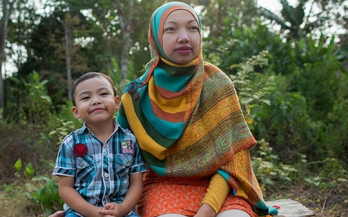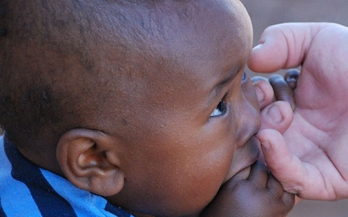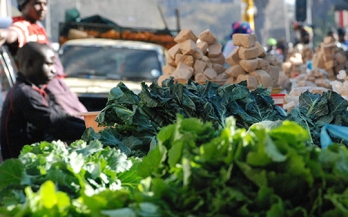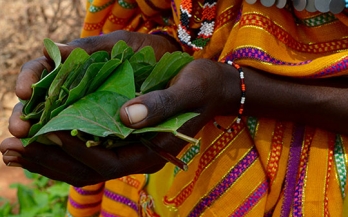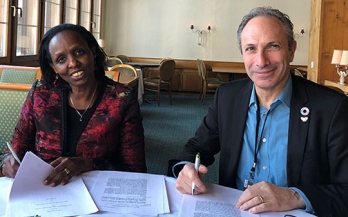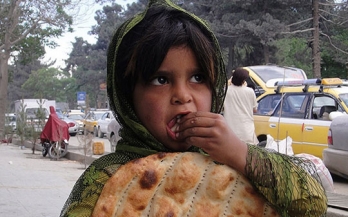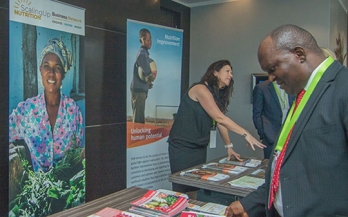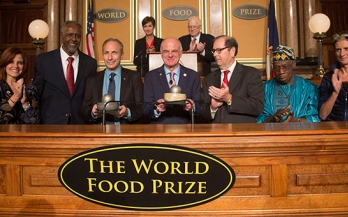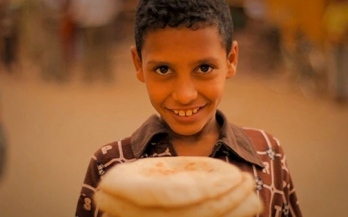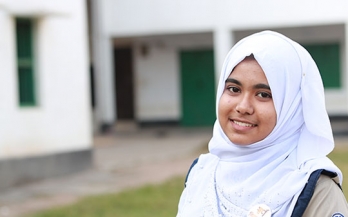Since 2010, the Scaling Up Nutrition (SUN) Movement has inspired a new way of working collaboratively to end malnutrition–in all its forms. And yet, 1000 days into the SDG era, no high-income country has become a member of the SUN Movement. Why does this matter? Joining SUN will help high-income countries achieve greater coherence in their battle against malnutrition.
An international research team, led by ETH Zurich in collaboration with the Global Alliance for Improved Nutrition (GAIN), and with inputs from UNICEF, demonstrate that if most salt for human consumption is iodized, salt will provide sufficient dietary iodine to all population groups.
GAIN and RUAF announce their new partnership to work with city governments to improve urban nutrition as a key component of sustainable urban food systems. A Memorandum of Understanding (MOU) was signed in May 2018 as part of the Urban Governance for Nutrition Programme, a programme designed to strengthen governance around nutrition and improve consumption of safe and nutritious food.
A new report calls for governments and companies to join forces to tackle global malnutrition, saying that achievement of the nutrition-related UN Sustainable Development Goals requires leveraging the resources of firms, financiers and shareholders, to work with civil society stakeholders to support the nutrition priorities of governments.
GAIN and the Alliance for a Green Revolution in Africa (AGRA) are to team up to work to advance their shared vision of creating sustainable food systems in Africa. GAIN Executive Director, Lawrence Haddad and AGRA President, Dr Agnes Kalibata signed the Memorandum of Understanding paving the way for the partnership at the World Economic Forum in Davos.
A review of grain fortification monitoring documents from 68 countries indicates that key elements are generally missing from the material. To help countries revise their documentation or establish new programs, the review authors created a 44-point checklist with sample text for food fortification legislation, standards, and monitoring policies.
The Nutrition Africa Investor Forum will highlight business opportunities in a largely underdeveloped market. From farm to fork, nutrient gaps in diets within low and middle-income markets constitute a largely untapped market worth USD 120bn.
GAIN’s Executive Director Dr Lawrence Haddad and Dr David Nabarro, of Imperial College London and 4SD, have been awarded the 2018 World Food Prize at a ceremony in Des Moines, USA. “The 2018 laureates’ work significantly improved nutrition for mothers and children in the critical first 1000 days of life”, stated the World Food Prize Foundation.
Micronutrient deficiencies are a leading cause of intellectual disability in children, preventable blindness in children, and maternal death during childbirth. They can limit a person’s ability to learn, earn a living, or live a healthy life. These debilitating consequences damage whole communities, as well as economies.
Too often we stop at “you are the future” and of course that is true, but whether a high school student or an early career professional, these young people are the present. They have tools like social media to mobilise and organise and speak out, they have computer literacy to design apps that can promote accountability and transparency, they have an ability to multitask and they have numbers.
